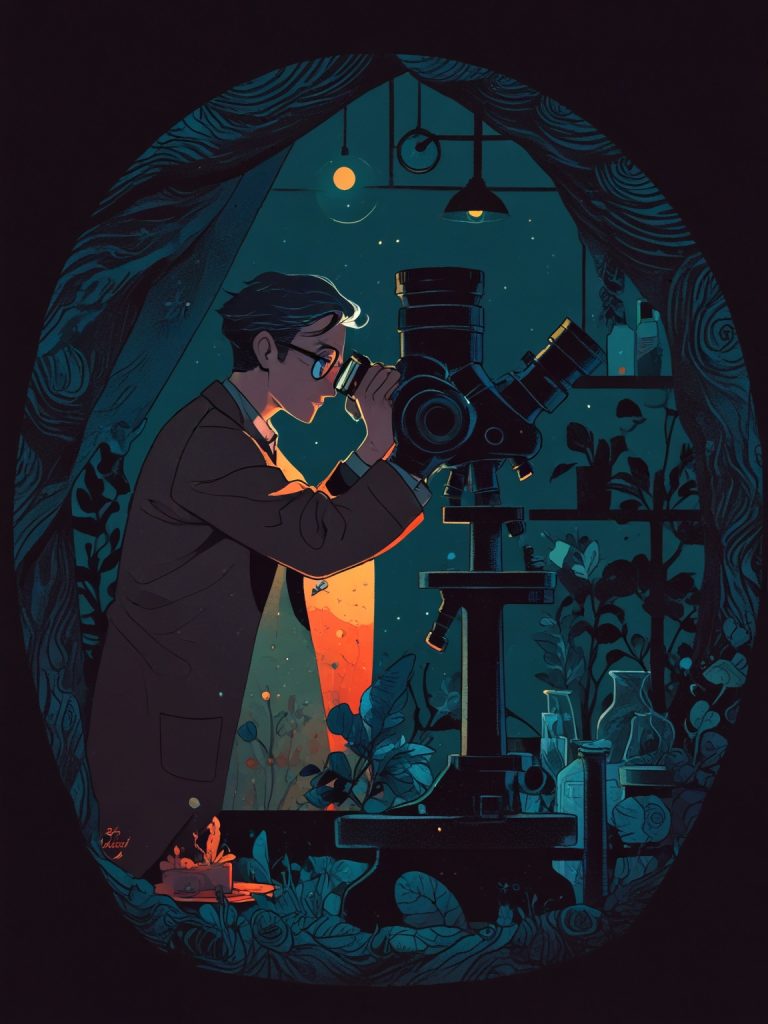This article dismantles the idea that there’s a clear-cut difference between the God of religion and the God of philosophy. It explores how both traditions offer valuable perspectives on the divine. We see the Abrahamic God as a relational being, while philosophers approach God through reason and logic. The truth is, these perspectives can complement each other. Philosophy can help us understand God’s nature, while religion offers a personal connection. So, whether you’re a believer, skeptic, or curious explorer, this article provides a springboard for your own journey to understand the concept of God. (This offers a unique perspective not found elsewhere – the idea that these concepts can complement each other, and the focus on the reader’s journey)
TL;DR
- Abrahamic God vs. God of the Philosophers: Different perspectives on God’s nature.
- Abrahamic God: Personal, relational, intervenes in the world.
- God of the Philosophers: Abstract, impersonal, underlying principle.
- Spectrum of Interpretations: Both religion and philosophy have varying viewpoints.
- Philosophy and Religion: Can complement each other for a richer understanding of God.
Have you ever encountered the phrase “the God of the philosophers”? It’s a term that sparks debate, contrasting how God is understood in philosophy versus religion, particularly Abrahamic religions like Judaism, Christianity, and Islam. But is there a clear-cut difference? Let’s embark on a journey to explore these contrasting perspectives!
The Abrahamic God: A Relational Deity

In Abrahamic traditions, God isn’t just a distant concept. Here, God is a personal being who interacts with humanity. The Bible and Quran paint a vivid picture – a God filled with emotions like love and anger, capable of intervening in the world through miracles. Imagine the stories of prophets like Abraham and Moses – God establishes covenants, guides them on their journeys, and shapes the destiny of his chosen people.
The Philosopher’s God: Unveiling the Underlying Reality
Philosophers, on the other hand, often take a more abstract approach. They approach the divine through the lens of reason and logic. Some might see God as the uncaused first cause, the ultimate reality that set everything in motion. Others might view God as the source of all existence, the underlying principle that governs the universe. This “God of the philosophers” is less like a character in a story and more like a fundamental force that shapes the very fabric of reality.
Beyond Black and White: A Spectrum of Interpretations

It’s crucial to remember that these are broad categories. Within both philosophy and religion, a spectrum of interpretations exists. Some theists (people who believe in God) might interpret religious texts very literally. They emphasize God’s personal involvement in human affairs, finding comfort and meaning in the stories of divine intervention. Others might take a more metaphorical approach, focusing on the deeper truths and symbolic messages embedded within the texts. Similarly, philosophers can have varying views on God’s nature. Some might see God as a personal being with an active role in the universe, while others might envision a more detached, impersonal force.
The Power of Context: When Words Take on New Meaning

The phrase “God of the philosophers” often arises in theological debates. It can be used to argue that philosophical ideas about God have strayed too far from the original message of religious texts. Someone might argue that philosophical concepts strip away the personal connection with God that lies at the heart of faith. However, others believe that philosophical exploration is a valuable tool. It helps us refine our understanding of God’s nature, exploring deeper questions about existence and purpose.
Bridging the Divide: Contemporary Examples of Philosophy and Religion Intersecting
The conversation around the God of the philosophers and the Abrahamic God continues to this day. Here are some recent examples that illustrate this ongoing dialogue:
- 2019 Vatican Conference on “Faith and Reason”: In 2019, the Vatican hosted a conference titled “Faith and Reason: Seeking Understanding in a Time of Disinformation.” This conference brought together philosophers and theologians to discuss how reason and faith can complement each other in addressing contemporary challenges. [1] This event highlights the ongoing effort within the Catholic Church to promote a fruitful dialogue between philosophy and religion.
- Neuroscience and the Divine: The field of neuroscience is increasingly exploring the biological basis of religious experience. Studies have examined the neural correlates of prayer, meditation, and spiritual awe. [2] This intersection of science and religion raises philosophical questions about the nature of God and human consciousness.
- The New Atheism Debate: In the early 21st century, the rise of the “New Atheism” movement, spearheaded by thinkers like Richard Dawkins and Sam Harris, reignited debates about God’s existence. These new atheists often critique philosophical arguments for God’s existence, prompting theists to refine their arguments and engage with contemporary scientific thought. [3]

Key Concepts from the Article
- Abrahamic God: A personal God who interacts with humanity through revelation, miracles, and covenants.
- God of the Philosophers: An impersonal concept of God arrived at through reason and logic, often seen as the uncaused first cause or the underlying principle of the universe.
- Theological Debate: Discussions between theologians and philosophers concerning the nature of God, with some arguing that philosophical ideas about God stray from religious traditions.
- Philosophy and Religion: While sometimes seen as opposing viewpoints, philosophy can be a tool to refine our understanding of God’s nature, and religion can offer a personal connection to the divine.
Sources:
- [1] Papal Academy of Sciences and Pontifical Council for Culture (2019). Faith and Reason: Seeking Understanding in a Time of Disinformation. Retrieved May 8, 2024, from https://onepeterfive.com/pope-paradigm-shift-vatican-theology/
- [2] Newberg, A. Z., & Waldman, M. R. (2009). Why God Won’t Go Away: Brain Science and the Biology of Belief. Random House. (This is a popular science book, but it references many academic studies on neuroscience and religion)
- [3] Harris, S. (2006). Letter to a Christian Nation. Alfred A. Knopf. (This is one of the core texts of the New Atheist movement)
Finding Harmony: Towards a Unified View
Interestingly, many theists believe that the “God of the philosophers” and the Abrahamic God are ultimately referring to the same divine being. They see philosophy as a way to further understand God’s nature, not a replacement for religious faith. Philosophy provides a framework for thinking critically about God’s existence and attributes, while religion offers a personal connection through stories, rituals, and traditions.
Embark on Your Own Exploration
This is just the beginning of a fascinating conversation! If you’re curious to learn more, here are some captivating avenues to explore:
- Delve into the rich history of philosophical arguments for God’s existence. Explore the works of giants like Aquinas or contemporary philosophers grappling with these questions.
- Discover the works of theologians who bridge the gap between philosophy and religion. These thinkers attempt to reconcile the insights of reason with the teachings of faith.
- Consider your own beliefs about God. How do these perspectives on the divine resonate with you? Do you find yourself drawn to a more personal or abstract understanding?
The Call to Contemplate
Whether you’re a seasoned believer, a curious skeptic, or somewhere in between, there’s always more to learn about the concept of God. Why not embark on your own exploration today? As you delve deeper into these diverse perspectives, you might just discover a more profound understanding of the divine mystery.







